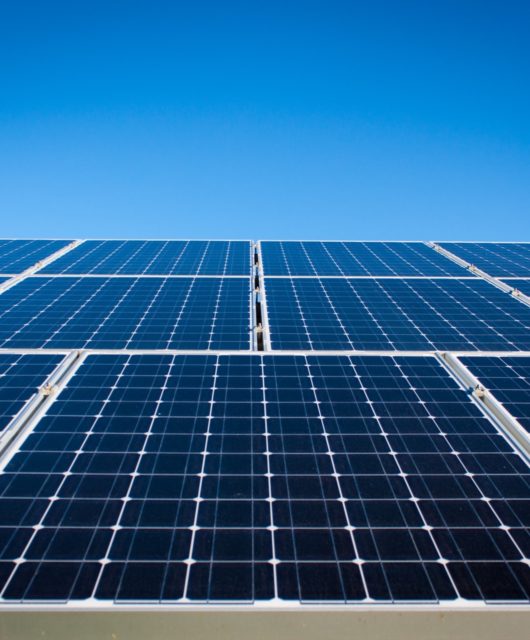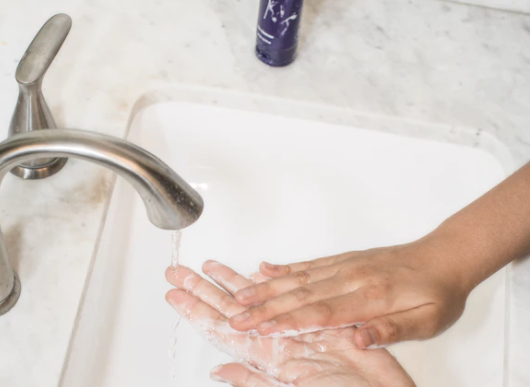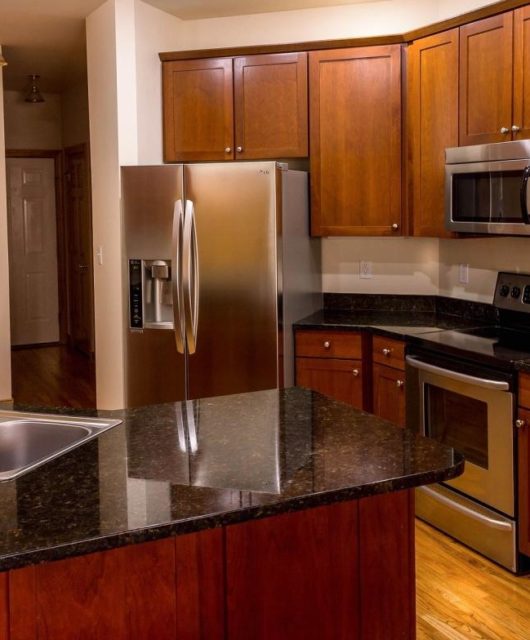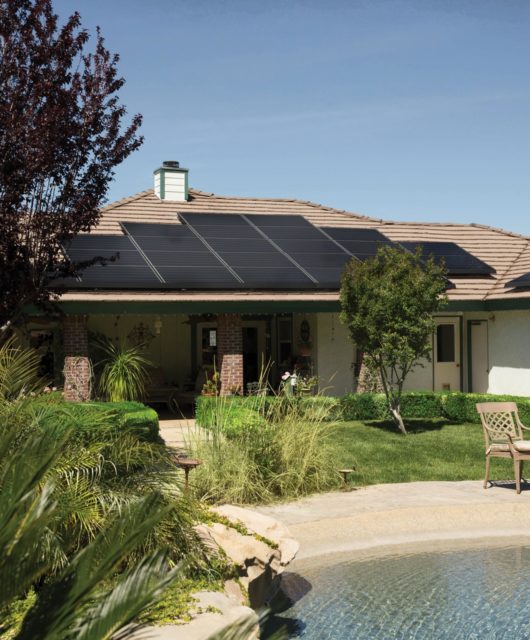Beginners Swimming Pool Maintenance Checklist
 If you have recently installed a swimming pool on your property there is certainly a lot for you to learn in order to keep it in good shape. Understanding how long do pool filters last, how to keep the pool area safe and how to keep the pool energy efficient are all important. What is also vitally important however is regular maintenance, which ensures not only that the pool is safe and clean to use but also that it remains in good condition for many years to come. The best approach here is weekly maintenance and these are the areas which you should be looking to take care of.
If you have recently installed a swimming pool on your property there is certainly a lot for you to learn in order to keep it in good shape. Understanding how long do pool filters last, how to keep the pool area safe and how to keep the pool energy efficient are all important. What is also vitally important however is regular maintenance, which ensures not only that the pool is safe and clean to use but also that it remains in good condition for many years to come. The best approach here is weekly maintenance and these are the areas which you should be looking to take care of.
Skimming The Water
Over the course of a week, even with regular usage, you’ll be surprised at the amount of dust, leaves and debris that accumulates on top of the water. If this debris is left for too long it can end up getting stuck in the filtration system of the pool which can cause damage and decrease efficiency. Using a long-handled skimmer, collect as much as you can from the surface of the water, this will include leaves, insects, branches, twigs and any other bits and pieces which have fallen into the pool.
Brushing Pool Walls
Around the walls of the pool and on permanent fixtures such as ladders or slides, you will find that algae can begin to grow. This begins with small sediment deposits and if left uncleaned, can result in thicker, slimy green plant-life stuck to the edge of the pool. A simple brush each week will ensure that you get rid of the sediment before it grows into a bigger problem.
Vacuuming The Pool
The use of a pool vacuum is a great way to ensure that you can clear any sediment or debris which has fallen to the bottom of the water. Here you have two options in terms of which product to use, an automatic vacuum or a manual vacuum. Automatic products are simply placed in the pool and then left to do their job; with the manual option you will have to move it across the surface of the pool yourself. In doing this weekly you can ensure that the water stays fresh and clear from any debris.
Keep The Pump Running
The longer that a pump is inactive the less effective it will become and the dirtier the water will be. Even if you are not using the pool on certain days, it still makes good sense to run the pump for a couple of hours so that it can properly filter the water and circulate the system. This not only ensures that the pump remains in good health, but also that the chemicals within the pump can do their job and keep the water at safe levels.
Testing The Pool for Chemical Balance
The final part of your weekly pool maintenance is to ensure that the chemical balance is right in the water. Here you will need to pay attention to the manufacturer’s instructions around what the correct pH level of your pool should be and what a healthy balance of chemicals looks like. These chemicals are used to disinfect and sanitize the water, whilst also helping to breakdown any potential build-up of bacteria. If the pool is being used regularly then check these levels daily and add chemicals where necessary.
The key to a great looking and healthy swimming pool is to ensure regular maintenance.









